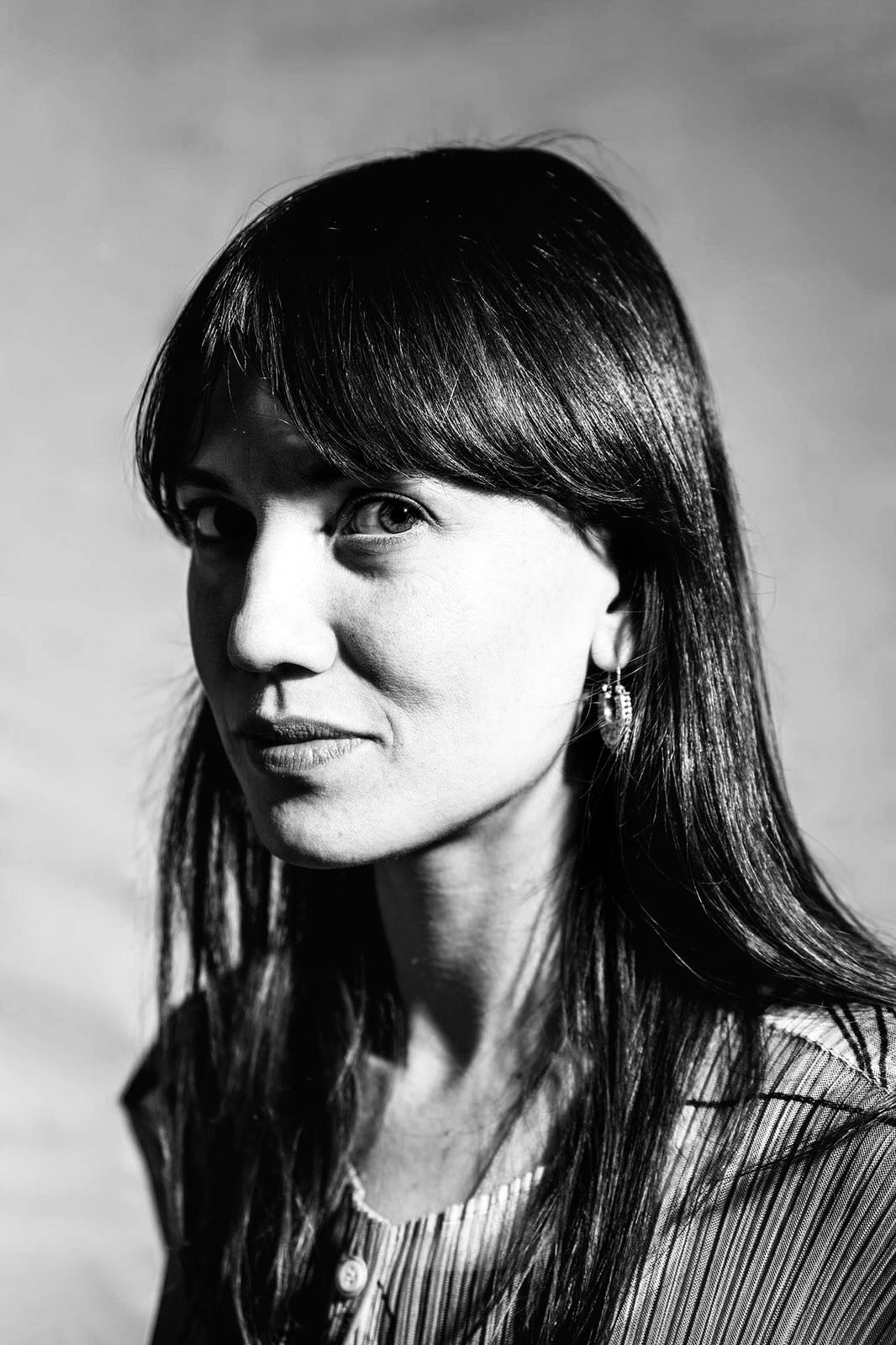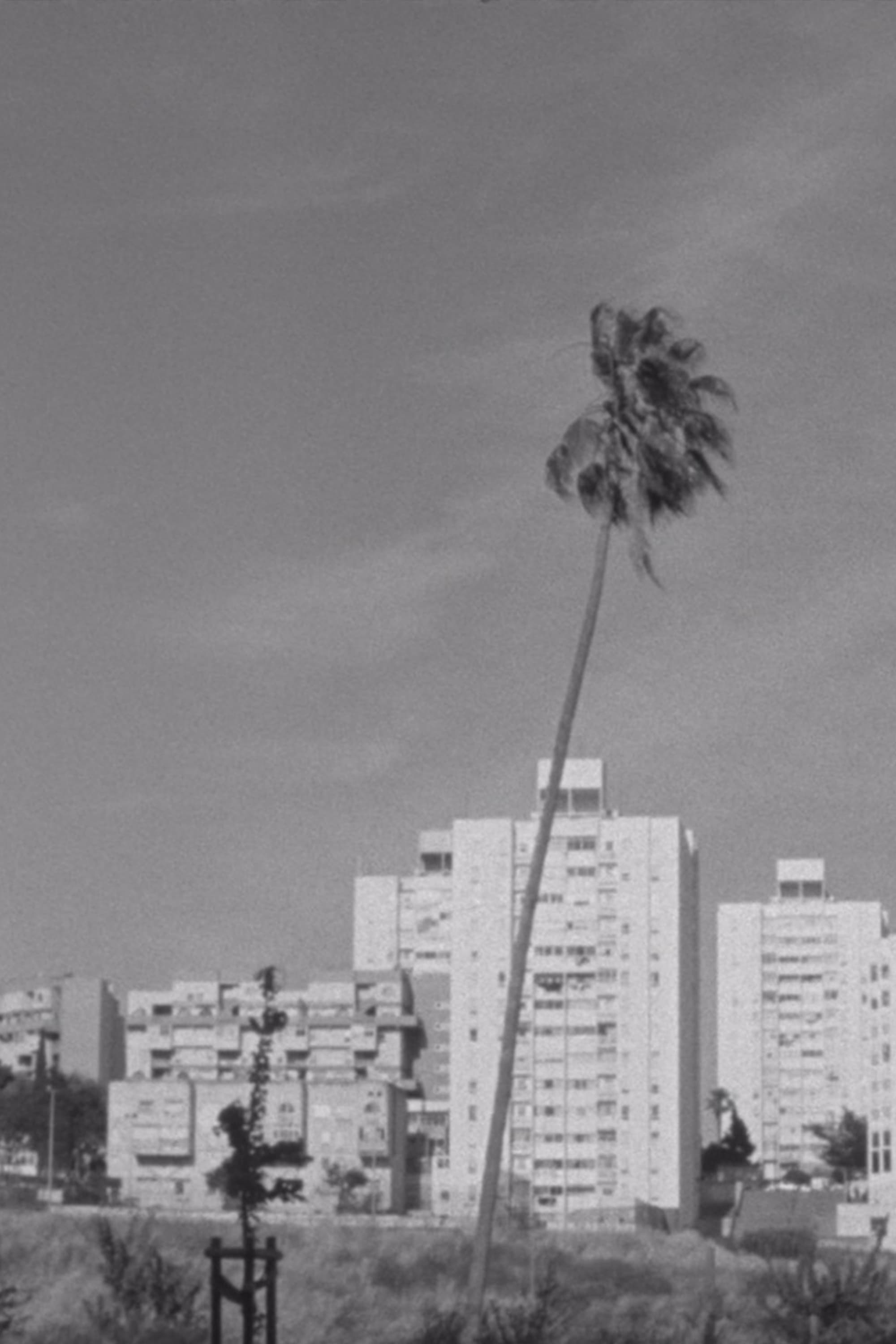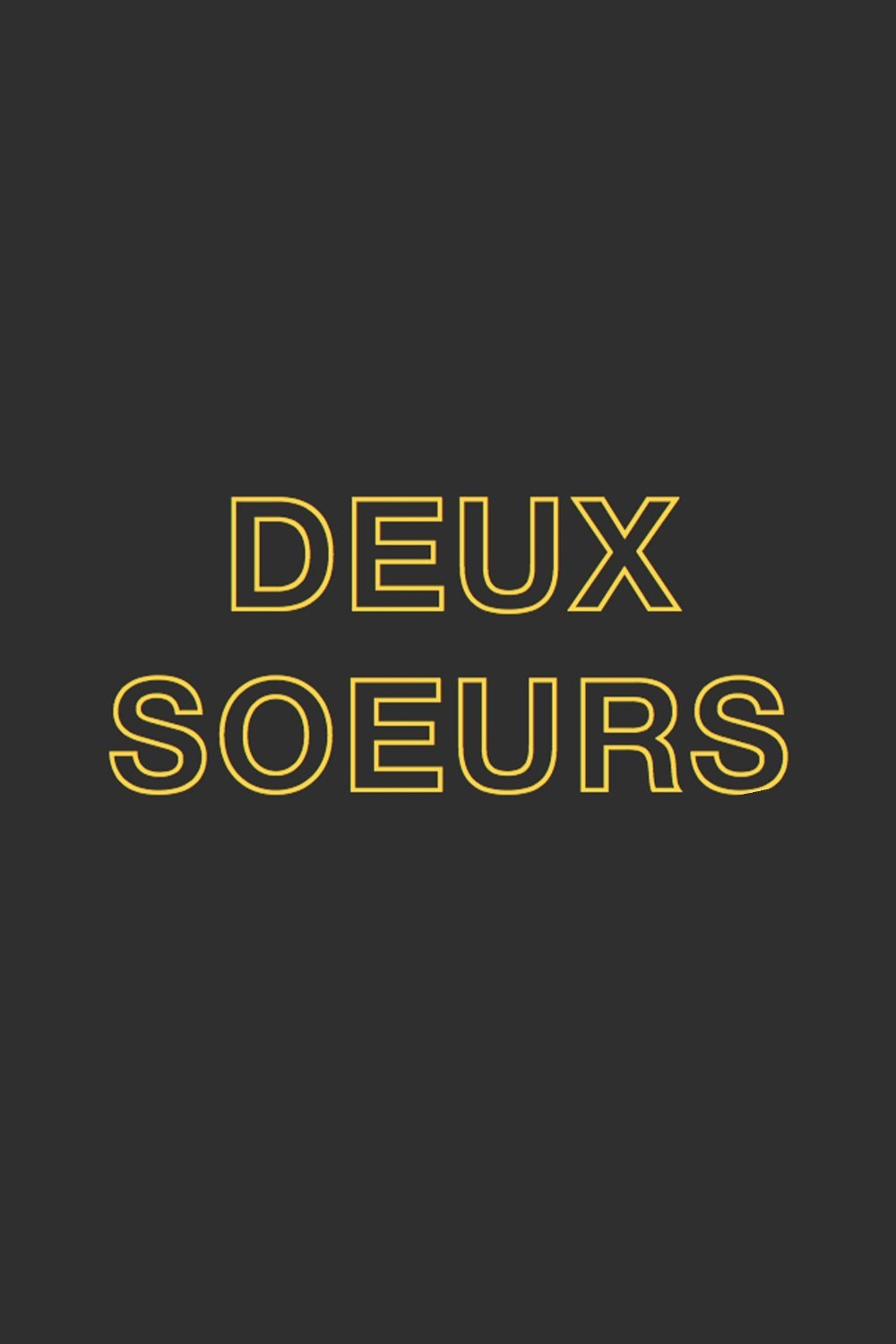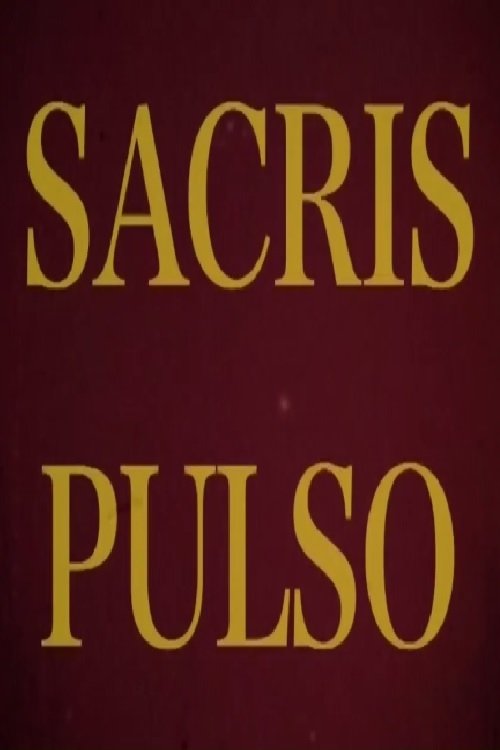

Ana Vaz (b. 1986, Brasília) is an artist and filmmaker whose films and other expanded works speculate upon the relationships between self and other, myth and history through a cosmology of signs, references and perspectives. Assemblages of found and shot materials, her films combine ethnography and speculation in exploring the frictions and fictions imprinted upon both cultivated and savage environments and their multiple inhabitants. A graduate from the Royal Melbourne Institute of Technology and Le Fresnoy – Studio National des Arts Contemporains, Ana was also a member of SPEAP (SciencesPo School of Political Arts), a project conceived and directed by Bruno Latour. Recent screenings of her work include the New York Film Festival – Projections, TIFF Wavelenghts, CPH:DOX, Videobrasil, Courtisane, Cinéma du Réel and Lux Salon. In 2015, she was the recipient of the Kazuko Trust Award presented by the Film Society of Lincoln Center in recognition of artistic excellence and innovation in her moving-image work. Ana is also a founding member of the collective "Coyote" along with Tristan Bera, Nuno da Luz, Elida Hoëg and Clémence Seurat, a cross-disciplinary group working in the fields of ecology, anthropology, ethnology and political science through an array of crosscutting platforms. Her films are distributed by Light Cone & the Canadian Filmmaker Distribution Centre.

Taking its title from the poem by Wallace Stevens, the...

Based on Gertrude Stein’s eponymously named screenplay, written in 1929...

Sacris Pulso departs from the dismemberment of another film, "Brasiliários"....